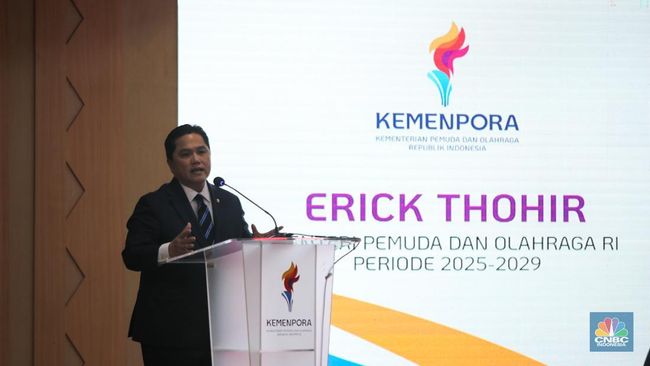China is ending its antitrust probe into Google, which had centered around Android’s ubiquity in the mobile world and what impact, if any, it was having on Chinese phone makers like Oppo and Xiaomi that use the software. As reported by the Financial Times, this move comes amid ongoing discussions between the US and Chinese governments over TikTok, NVIDIA, tariffs and the broader trading relationship between the world's two largest economies.
Google's search engine remains blocked in China, along with many of its other core products like Gmail, YouTube and Google Maps. Despite this, the tech giant still generates substantial revenue in the country through cloud services and ad sales to Chinese companies targeting overseas audiences.
According to the Financial Times, the decision by Beijing to ease up on Google is a tactical move, as China increasingly flexes its regulatory scrutiny on NVIDIA as a negotiating tool during trade talks with the US.
Earlier this summer NVIDIA struck a deal with the Trump administration to sell its pared-back H20 GPUs in China on the condition that it gives the US government 15 percent of the sales. Shortly thereafter, however, China began discouraging local companies from buying the H20 chips. Recently, the government outright banned Chinese tech companies from buying NVIDIA's newest AI chip made specifically for the region, the RTX Pro 6000D.
In yet another move to exert control and flex power, Chinese regulators have accused NVIDIA of violating Chinese antitrust laws with its acquisition of chipmaker Mellanox. Were the chipmaker to be found in violation of China's anti-monopoly law, the company could owe fines between 1 percent and 10 percent of its 2024 sales.
US and Chinese officials just wrapped three days of trade talks in Madrid, with President Donald Trump and President Xi Jinping set to speak on Friday. The leaders are expected to discuss a supposed framework for a TikTok deal that would cede control of the company's US business to American companies, resulting in a roughly 80 percent stake in the entity domestically.




































